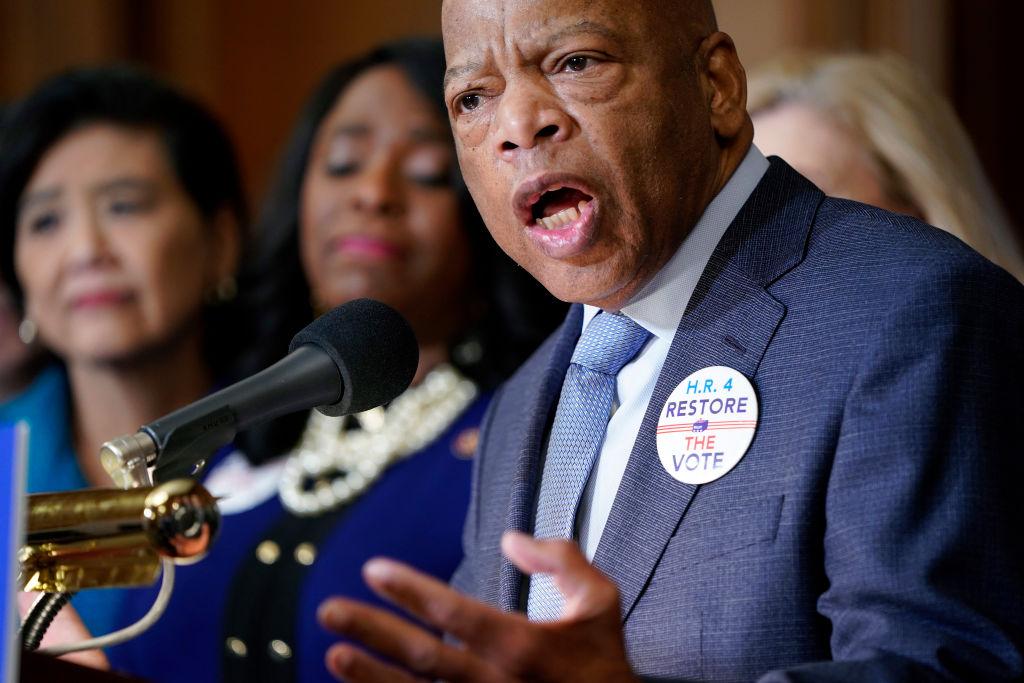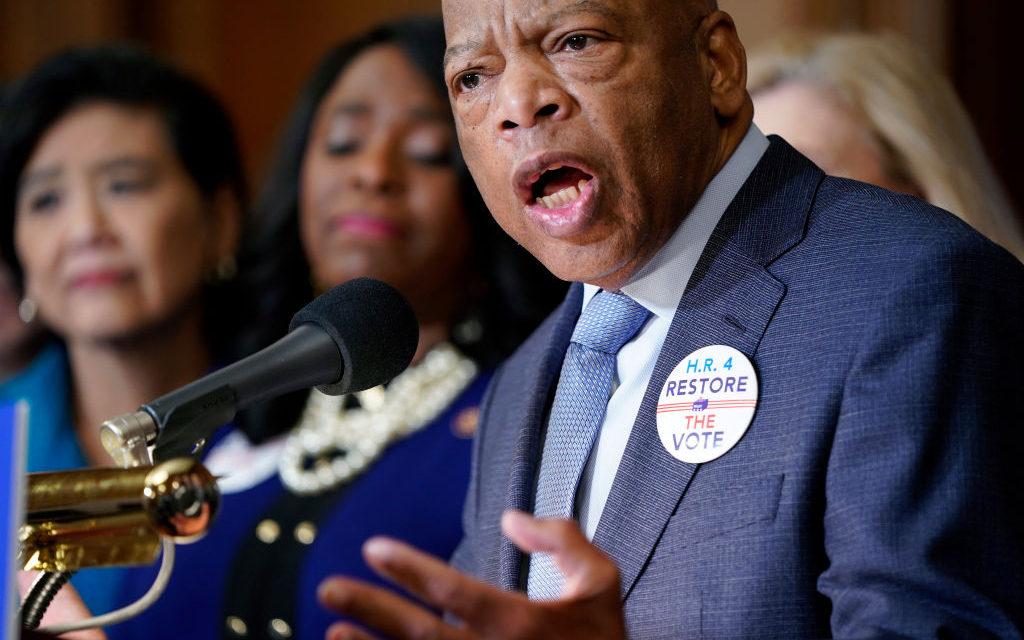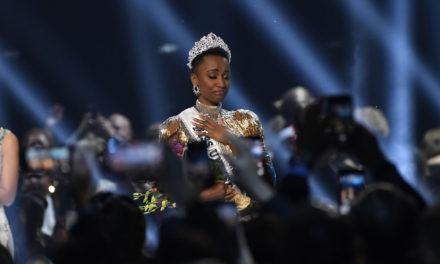
On July 17th, the country mourned as we lost the great civil rights giant Representative John Lewis. Lewis fought alongside Martin Luther King for justice in the 60s, and he continued that fight up until the time of his death. In 1965 Lewis played an instrumental role in the passage of the Voting Rights Act, establishing greater protections for people registering to vote in the South. In 2013, the Supreme Court struck down the heart of the Act in a 5-4 vote, giving nine states (mostly in the South) freedom to alter their election laws without federal approval. Mr. Lewis had been fighting to restore those protections since they were stripped away, up until his death. Even prior to the 2013 Supreme Court ruling, states found ways to put barriers in place – imposing strict voter ID laws, reducing voting times, purging voter rolls…to name a few – the reversal just gave these efforts a boost. This change in legislation has kept a significant number of eligible voters from the polls, impacting Black and Brown communities, the poor, the elderly, and people with disabilities the most.
Voting rights are under attack in the U.S. According to the Brennan Center, voting law changes across the nation will make it significantly harder for more than 5 million voters to exercise their constitutional right to vote. Here are some of the most common voter suppression tactics we see today.
- Strict Voter ID Laws: Voter ID laws require voters to present a government-issued ID in order to vote, without any alternative options for those who do not have one. According to the Brennan Center, 25% of voting-age citizens without a current government issued ID are Black, whereas only 8% are white. Proponents of these laws say they are necessary to avoid “impersonation fraud.” However, studies have consistently shown that such fraud is very rare. In Texas, voters can use a handgun license to vote, but a student ID is not a valid form of ID. Over 21 million US citizens do not have a government–issued photo ID, partly due to the fact that these IDs are not always accessible for everyone to obtain.
- Voter Purging: It has been found that counties with a history of voter discrimination have continued purging people from voter rolls at much higher rates than other counties. While purging in and of itself is not a problem (as there are very valid reasons to remove someone from voting rolls – such as death, becoming legally incompetent, or a move to a new state), some states are removing voters who are still eligible to vote due to faulty data. Additionally, some states will remove people solely because they skipped voting in several consecutive elections. Under the Constitution and federal law, Americans have the right to choose to vote, and not be penalized for not doing so.
- Felony Disenfranchisement: The laws allowing convicted felons the right to vote vary widely. 6.1 million Americans cannot vote due to felony disenfranchisement laws. Some states ban voting from convicted felons only while incarcerated, while others ban them for life. Other states ban people on probation or parole. Then you have states that don’t disenfranchise those with felony convictions at all – like Maine and Vermont. Felony disenfranchisement disproportionately impact Black and Brown people – 1 of every 13 Black adults are disenfranchised nationally, compared to 1 in every 56 non-Black voters, according to The Sentencing Project.
- Gerrymandering: Every 10 years, as a result of the data from the census, each U.S. state redraws its electoral districts. Based on the census population data, states redraw district lines which determine our political voice until the next census is conducted. Done properly, district lines are redrawn to reflect population changes and racial diversity – and ultimately allow the public to elect representatives who reflect the population as a whole. Gerrymandering is when states use redistricting as a political tool to manipulate the outcome of elections and stifle the voice of millions of voters. Many states already have plans to use redistricting reforms after the 2020 census to reduce the potential for partisan gerrymandering.
What’s the inclusion solution?
We are less than 100 days from the U.S. election, and there’s some work to be done to honor the legacy of Rep. Lewis and protect the voting rights of all Americans. The time to act is now. Here are some actions you can take immediately:
We are less than 100 days from the U.S. election, and there’s some work to be done to honor the legacy of Rep. Lewis. Here are some actions you can take immediately: Share on X- Help get people registered to vote and obtain the proper IDs
- Drive people to the polls on election day
- Complete the Census – census data is used to draw district lines to help determine the allocation of representation in Congress and state legislatures
- Urge your representatives to:
- Pass the Voting Rights Advancement Act of 2019 reinstating federal agencies’ oversight power of certain state and local jurisdictions in an attempt to crack down on voter suppression
- Pass laws that protect eligible voters from improper purges of voter rolls
- Pass the Deceptive Practices and Voter Intimidation Prevention Act to prohibit deceptive practices in federal elections
- Use commissions or nontraditional methods for redistricting – check here to see if your state has already committed to doing so once the 2020 census results are in
- Educate yourself about the voter suppression tactics in place today – both in your local jurisdiction and across the country – and urge your representatives to change the laws
- Know your rights – here’s a guide from the ACLU on what to do if you face registration issues, need disability or language accommodations, or come across someone who’s interfering with your right to vote
- Vote! Vote! Vote! Vote in all elections, not just the Presidential election. Vote for representatives whose platforms are aligned with protecting voting rights.
“The vote is precious. It is the most powerful non-violent tool we have in a democratic society, and we must use it. And so you must go out all across America and tell young people, and people not so young, tell all of us: Vote. The vote is powerful.” –Rep. John Lewis
Protecting the right to vote, especially for Black and Brown communities, remains just as necessary and urgent today as it was in 1965. It’s time to get into some trouble. Necessary trouble. Good trouble.
Protecting the right to vote, esp. for Black and Brown communities, remains just as necessary and urgent today as it was in 1965. It’s time to get into some trouble. Necessary trouble. Good trouble. Share on X


















